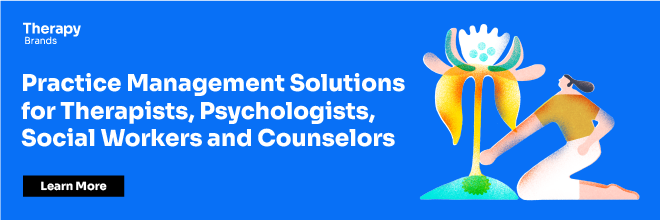What is Happiness?
Defining happiness can feel strange because we know it when we feel it. But happiness can take many forms and varies from person to person. As a widely subjective emotional state, happiness can include feelings of joy, satisfaction, pride, contentment, and fulfillment. And while there’s no shortage of claims as to what the keys to happiness really are, one fact remains true: happiness is about balance.
People can be happy and still have moments where they feel a whole range of other feelings and moods—like anger, sadness, boredom, or frustration. Maintaining an overall state of happiness simply means that there’s a balance of these emotions, where the positive ones ultimately outweigh the negative ones. And the key to balancing these emotions? Having balanced hormones.
What are the Happiness Hormones?
Hormones are the body’s chemical messengers, traveling through the bloodstream to tissues or organs. There are four primary hormones that are associated with feelings of happiness:
- Endorphins – Associated with exercise and physical movement, these hormones are the body’s natural pain relievers and mood boosters.
- Dopamine – Known as the “feel-good” hormone, dopamine is an important part of the brain’s reward system.
- Serotonin – This hormone and neurotransmitter helps regulate moods and emotions, as well as sleep, metabolism, and cognition.
- Oxytocin – Also called the “love hormone,” oxytocin helps build trust, empathy, and stronger relationships.
5 Natural Ways to Boost Your Happiness
Prioritize Exercise
If you’ve experienced or heard of the “runner’s high,” you know the euphoric feeling it describes, and that feeling comes from a flood of endorphins. But running isn’t the only way to feel it—any aerobic exercise will do the trick. Try jump roping, swimming, power walking, biking or indoor cycling, cardio kickboxing, or Zumba. The higher intensity the workout, the more endorphins that get released! And make it a habit: regular exercise can also boost your dopamine and serotonin levels in the long run.
Get Enough Sleep
Trying to function at a healthy level on little sleep feels nearly impossible, and that’s because it is. Sleep is foundational to overall health, both physical and emotional, and not getting enough of it can disrupt the balance of hormones like dopamine. According to a study on the role of sleep in emotional brain function, just one night of sleep deprivation can increase emotional response to negative feelings by 60 percent. Aim for 7 to 9 hours of quality sleep each night—that includes consistently going to bed and waking up around the same time each day and avoiding screen time and blue light exposure right before bedtime.
Spend Quality Time with Loved Ones
For an oxytocin boost, carve out time for date nights with your partner, have dinner with a close friend, or plan a fun activity with a group. While oxytocin is closely associated with physical affection and touch like hugging, kissing, or cuddling (which you can certainly do, too!), simply spending quality time with people you love is an easy way to activate the love hormone, too.
Get Outside in Nature
Whether you’re walking at the park, taking a hike in the woods, or relaxing by a green space, evidence shows that contact with nature is linked to increased subjective well-being, positive social interactions, and a sense of meaning and purpose in life—all important components of happiness. And spending time outside in the sun—even just 15 minutes a few times a week—is an easy way to get an instant serotonin boost. Can’t get outside as often as you’d like? Although the benefits of nature are strongest when you’re actually outside, studies have shown that just looking at pictures of nature can put you in a better mood.
Practice Stress Management
Everybody experiences stress, but the key is finding healthy ways to manage it. Increased levels of stress causes drops in serotonin and dopamine and higher levels of anxiety, negatively impacting mood, mental health, and even physical health. All four tips listed above can double as stress reduction techniques, so that’s more reason to make them part of your routine! For even more relaxing alternatives, try meditation for an added boost of dopamine or a massage for a boost of all four of the happiness hormones.
Therapy Brands is on a mission to help providers create better efficiency to reach as many patients as possible. Give our platform a try—for free—with a 21-day trial, no credit card required.

